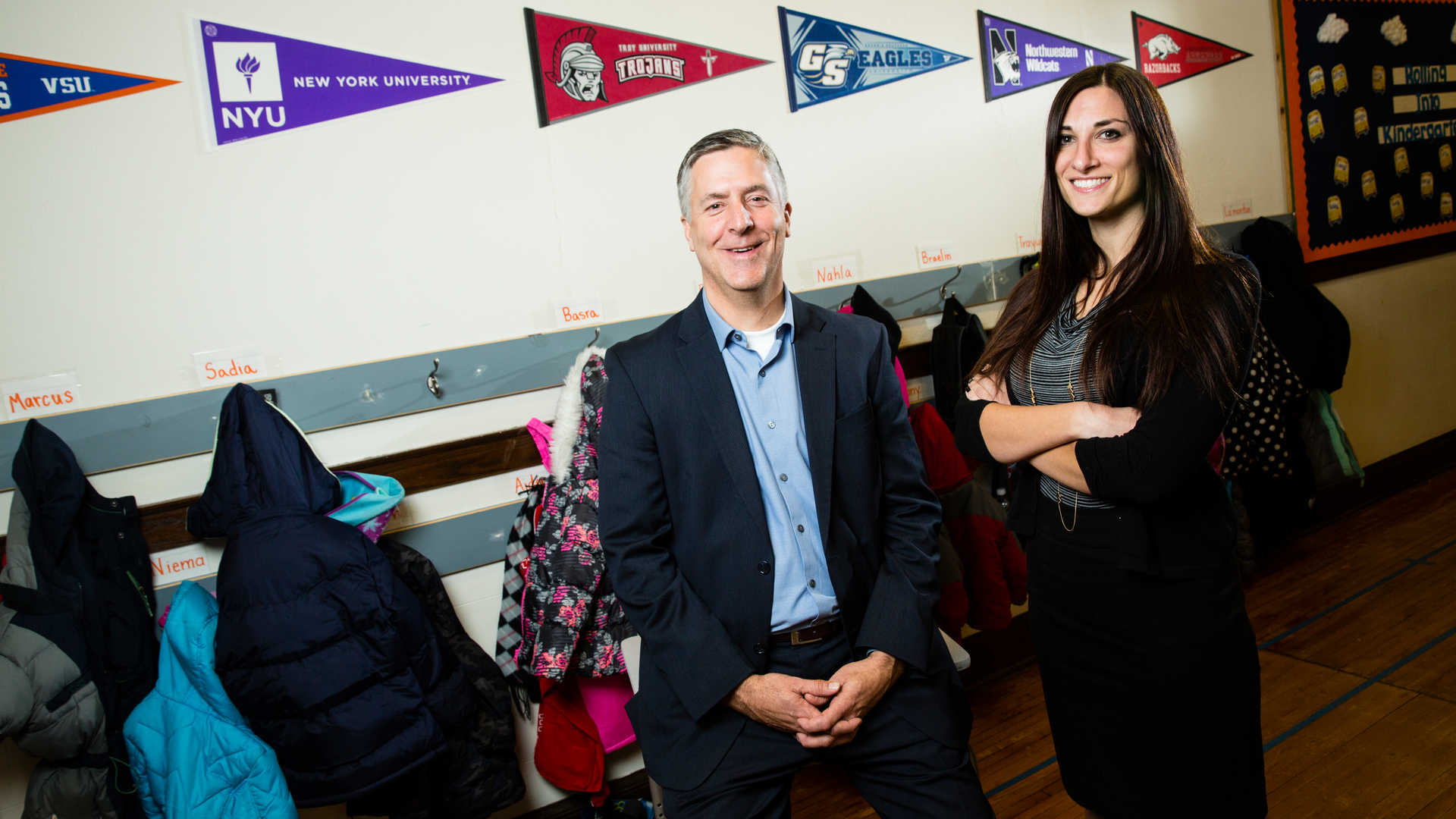“We have a chance to do something extraordinary. As we head out of this pandemic, we can change the world. Create a world of love. A world where we are kind to each other. A world where we are kind no matter what class, race, sexual orientation, what religion, or lack of or what job we have."
― Johnny Corn
Authored by Dr. Aura Wharton-Beck
As K-12 school administrators prepare teachers and students to return to school, there exists new opportunities and challenges as schools adjust to life after a global health crisis. The third week of March 2021 marked one year since the World Health Organization (WHO) and the Centers for Disease Control and Prevention (CDC) declared that a global health crisis had landed on our doorstep. Worldwide, this pandemic forced K-12 school leaders and administrative teams to pool their intellectual and clinical resources to create virtual distance learning plans. In the United States, directors of licensure programs faced a new problem of how to prepare prospective school administrators to lead in a post-pandemic world. Resisting and wrestling with the idea of returning to school using routine ways of doing business became a part of the daily strategy sessions for superintendents, principals, directors of special education, and central office leaders. Phrases such as “being resilient,” “pivoting on a dime” and “embracing a new normal” became part of the lexicon for administrators.
Predicting staff shortages, redefining and prioritizing the role of ancillary staff (e.g., school nurses, psychologists, special education teachers, etc.), supporting vulnerable and minoritized students, improving communication with families, and solving inequality in family access to resources and technology have dramatically impacted and changed the role and work of school administrators. Charged with the responsibility of providing oversight and leadership for administrative licensure preparation programs, directors must begin to guide and engage in critical discussions on how to address the social justice inequalities that the pandemic exposed through the licensure competencies.
On May 26, 2021, the St. Thomas licensure program, which prepares eligible candidates to earn their Minnesota administrative license, will launch a new cohort. Members of this Education Specialist cohort will need to develop and implement a different type of thinking as schools welcome students back to school after this unprecedented hiatus. Based on preliminary research data from a current study I am conducting with other authors, we discovered that a new generation of leaders will be faced with a host of challenges and opportunities in a post COVID-19 world. In this study, current school leaders acknowledged COVID-19 revealed new opportunities for improving equitable technology access for urban, suburban, and outstate students; reestablishing community relationships; increasing communication with families; and investing in innovative staff technology capabilities. Results from our study indicate school leaders in a post COVID-19 world will be faced with establishing new norms for student behaviors in online, hybrid, or face-to-face environments.
Our faculty at the University of St. Thomas, Department of Educational Leadership and Learning, are poised and ready to prepare licensure candidates to lead in a new, unconventional, and bold way. Post COVID-19 school leaders must be able to address the social-emotional learning needs of students and staff, manage complex staffing issues (i.e., high substitutes due to quarantines), and tentatively plan flexible school calendars and events. School leaders will need to become resilient as they manage routine administrative duties in an ever-changing world dictated by the CDC and WHO guidelines while anticipating the impact of a fourth or fifth coronavirus surge. Learning how to tolerate ambiguity in the face of uncertain times will be an important skill for principals, directors of special education, and school superintendents to master.
There are additional pedagogical considerations concerning fieldwork, clinical practice, and all matters pertaining to gaining relevant experiences as it relates to licensure competencies. Administrators will soon be required to observe and provide feedback to a segment of their teachers in virtual classrooms. Furthermore, teachers and administrators will find themselves discussing how to effectively integrate the new social justice standards in the curriculum. Our University of St. Thomas internship supervisors pledge to supervise licensure candidates as they engage in meaningful, relevant, and authentic internship experiences. The recent civil unrest in the United States, coupled with a volatile political climate and challenges to voting rights, are a few of the critical issues for which administrators will need to model innovative and courageous leadership. The ability for faculty and staff to create equitable opportunities will be key to diminishing the existing educational inequities. The urgency to maximize the potential of each child calls for change agents who understand and recognize the importance of culturally sustaining pedagogies. This is the dawn of an educational revolution that requires educators in leadership positions to harness new strategies to mobilize, transform, and inspire critical stakeholders. The revolution will seek Education Specialists who can courageously provide visionary leadership and who can act morally, think wisely, and advance the common good for all students. Armed with the right tools and skills, I strongly believe that Tommies can do it!
The University of St. Thomas, School of Education, can be a part of your new narrative. Let's partner with you to recreate a unique roadmap for your new administrative leadership journey. If you are ready to accept a new challenge, I urge you to learn more about our programs and apply online today!
